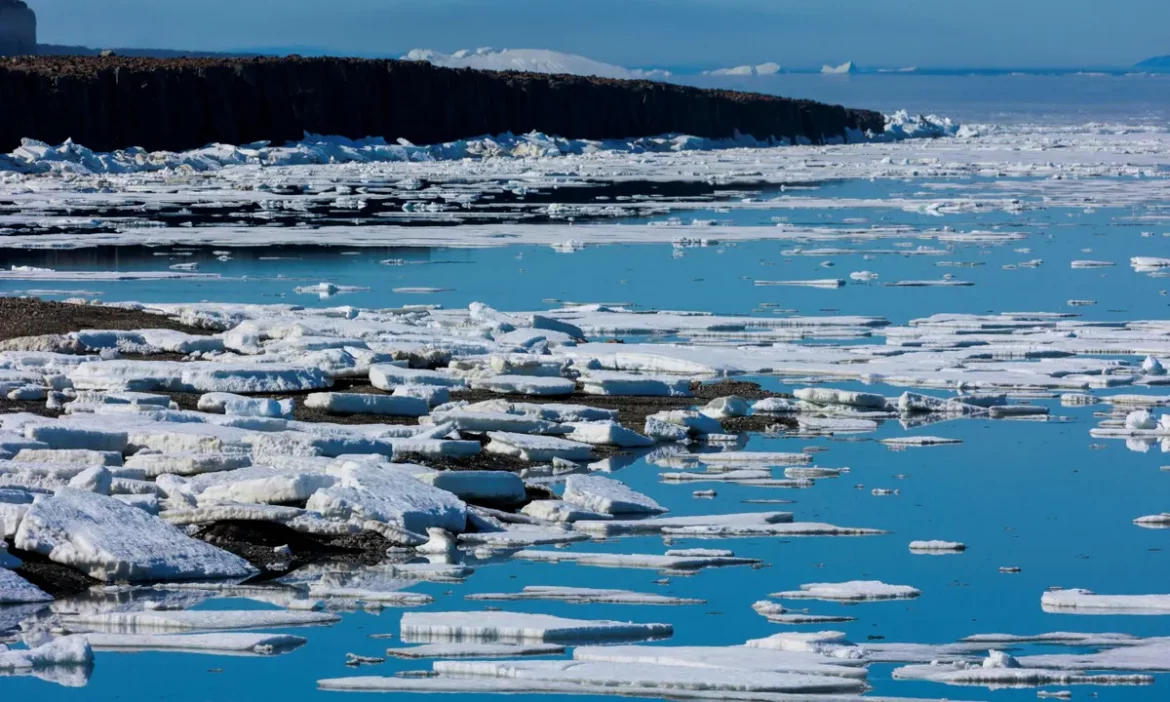Analysis by an international team of scientists has shown that the world’s oceans reached their highest recorded temperatures in 2022, highlighting the significant and pervasive changes to the climate that human-caused emissions have brought about.
The oceans absorb more than 90% of the extra heat created by greenhouse gas emissions. The statistics, which date back to 1958, show an unabating rise in ocean temperature, which accelerated after 1990.
According to the analysts, “The Earth’s energy and water cycles have been profoundly altered due to the emission of greenhouse gases by human activities, driving pervasive changes in Earth’s climate system.”
Read also: Enugu Monarch seeks help to cushion effects of flood
Prof John Abraham who was part of the study team said: “If you want to measure global warming, you want to measure where the warming goes, and over 90% goes into the oceans.
“Measuring the oceans is the most accurate way of determining how out of balance our planet is.
“We are getting more extreme weather because of the warming oceans and that has tremendous consequences all around the world.”
Prof Michael Mann, at the University of Pennsylvania, also part of the team, said: “Warmer oceans mean there is more potential for bigger precipitation events like we’ve seen this past year in Europe, Australia, and currently on the west coast of the US.”
Mann noted that the analysis showed an ever-deeper layer of warm water on the ocean surface, adding that “This leads to the greater and more rapid intensification of hurricanes – something we’ve also seen this past year – since the winds no longer churn up cold sub-surface water that would otherwise dampen intensification.”
Story was adapted from The Guardian.
